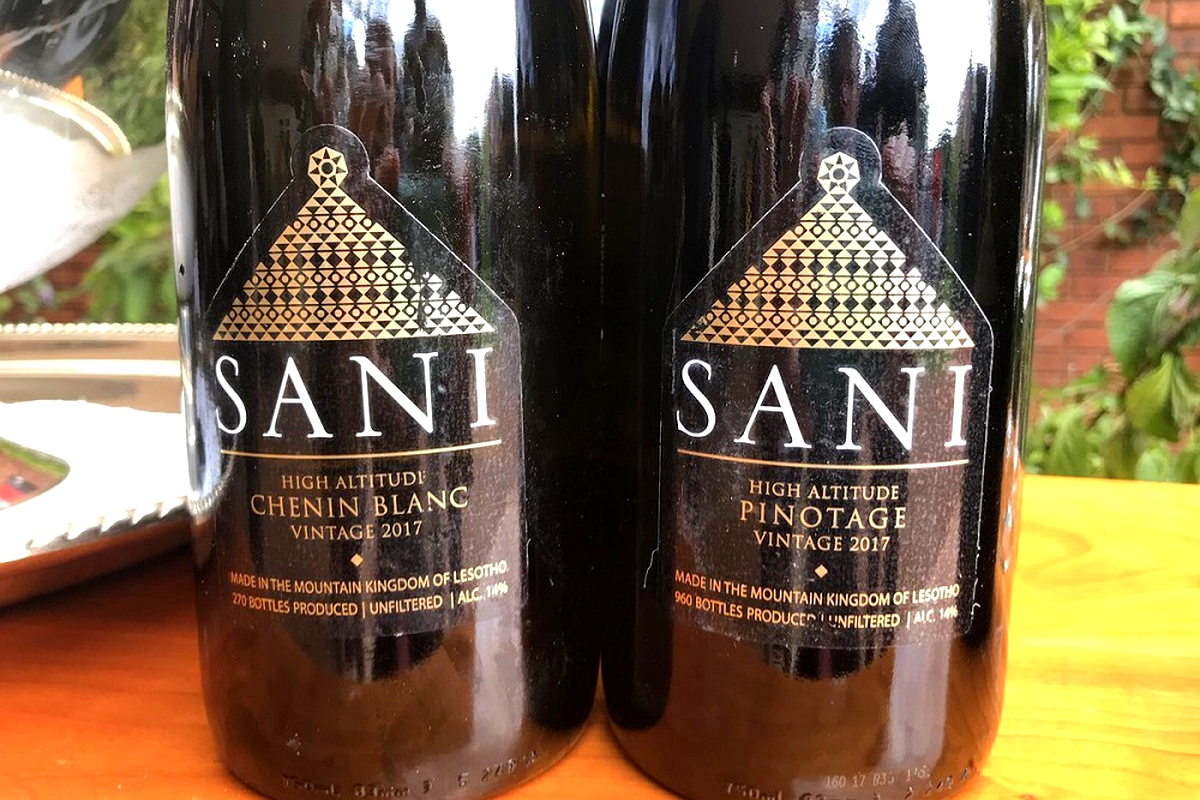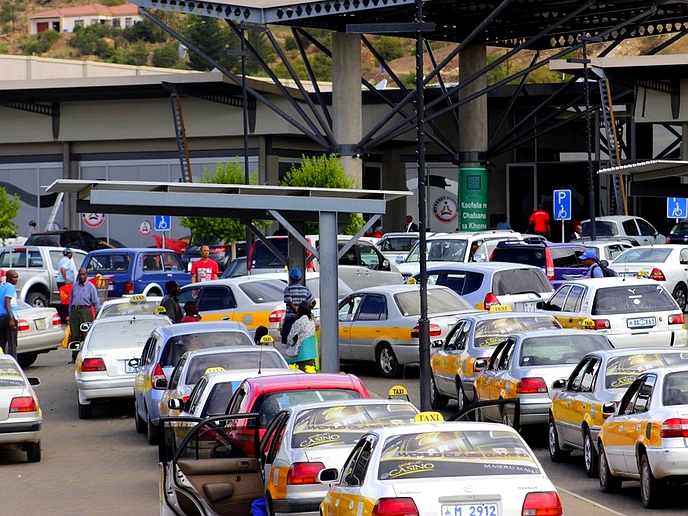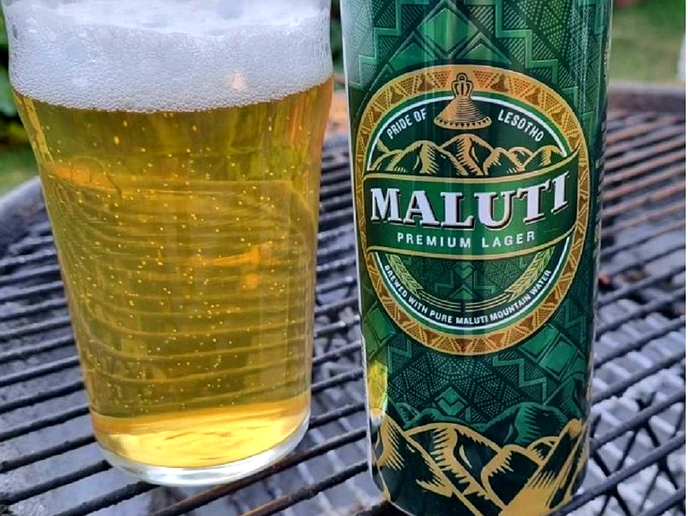SIN taxes for tobacco and alcohol will be increased by 30 and 15 percent respectively over a five-year period on the back of economic performance, a move that is hoped to boost drying government coffers.
business
July 8, 2022
NEO SENOKO
2 min read
Sin taxes on the rise

Lesotho wine
Story highlights
The Tobacco and Alcohol Products Levy Bill 2020 that was passed into law this week, also aims to further enforce registration of at least 80 percent illegal traders, who evade tax while also ensuring that local suppliers are empowered and favoured by the industry over foreign competition.
It means cigarettes will be increased by six percent annually for five years while beer and brandy will be increased gradually by three percent on an annual basis for the same number of years.
The levies will be charged exclusive of Value Added Tax (VAT), a bearing on the final consumer.
The Minister of Finance, Thabo Sophonea first tabled the Bill in March 2020 amidst industry protest that it would compromise jobs and profits.
However, there is fear that the prevailing excessive use or abuse of tobacco and alcohol contributes to several socio-economic hazards, mostly public health.
While the increase in levies is also expected to normalise the price differentials that exist between bordering Lesotho and South Africa towns - putting the country’s economy on an equal competitive footing - the passage of the Bill into law has come despite industry objections that they were not consulted during the drafting stages of the piece of legislation.
Local brewer, Maluti Mountain Brewery (MMB) had then argued the proposed levy should not be introduced to secure jobs and government taxes. MMB and the British American Tobacco (BAT) objected the alcohol levy would not achieve its intended results, forecasting a loss of M800 million in tax revenue to government over the following three years.
The 2020 budget statement indicated government’s projected revenue from the total levy on alcohol and tobacco would be M200 million annually, with the loss of revenue from MMB alone almost doubling the anticipated incremental revenue from the alcohol levy alone.
Enjoy our daily newsletter from today
Access exclusive newsletters, along with previews of new media releases.
The industry further argued the licensed liquor and tobacco dealers would be forced to close their businesses due to high prices, enabling illegal dealers to enter the market.
Lesotho Liquor and Restaurant Owners Association chairperson, Nkeane Motseki had then said introducing a levy on tobacco products would just make illegitimate traders and illicit companies more active in the market.
“Raising a levy will not necessarily stop people from smoking or reduce consumption but consumers will buy from the illicit operators,” Mr Motseki said.
Studies have shown that only 20 percent of local liquor traders are operating legally.
Tailored for you






